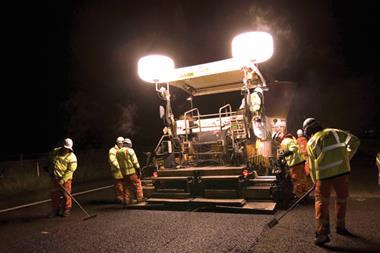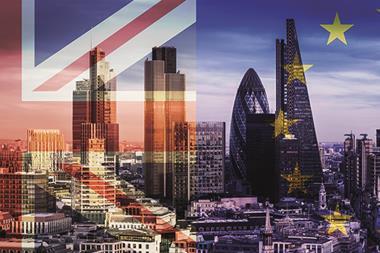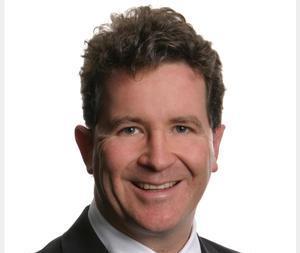My client drives a Bentley Continental, but he can’t afford a flat in Hong Kong.

High-end apartments cost £13,000/sq ft. That’s about £7,000 for an area the size of a dinner plate. No wonder private Hong Kongese individuals have been buying UK property like pick ‘n’ mix.
Hong Kong and Chinese buyers have piled £6.3bn into British real estate since the referendum. In the City and Canary Wharf, 53% of real estate investment over the past year has been from Hong Kong and mainland China.
Chinese capital controls, and changing institutional sentiment, mean this money is now predominantly private wealth. But Asian private wealth is on a scale unheard of elsewhere – hence (famously) the £1.3bn Walkie-Talkie now belongs to a soy sauce billionaire.
I have just got back from Asia Mipim in Hong Kong. My fellow delegate Bradley Goldenberg is right: “They should rename it the London Owners’ Club.” And Asia Mipim has changed. When I first went in 2014, a Brit was a novelty. You could eat a quiet pork bun, network (easy in Asia where everyone, however senior, is happy to talk business) and meet clients without sight of anyone from Blighty.
Then Brexit happened and the UK, like China under Deng, resolved to ‘go out’ to the world. This year the Department for International Trade and the UK’s cities sent large and distinguished delegations to Asia Mipim, and the UK was palpably in hard-sell mode. There is a lot to debate about Brexit (let’s not go there), but I was hugely impressed by the incredible efforts of the British Consulate and the Mipim delegations to promote UK plc. If the vision for a global post-Brexit Britain fails, it will not be their fault.
That is why it is so important for our government, and all of us, to do all we can to support them at home. Sadly, by contrast with UK consulates and businesspeople abroad, we seem intent on shooting our own toes off.
We declare Britain is open for business. Then, in the Budget, we immediately propose to extend capital gains tax on UK real estate to foreign investors. So are we open for business? Or closed to collect tax?
Are we open for business? Or closed to collect tax?
We need to think again about this change. My Hong Kong clients were roundly disappointed and upset. “Brexit is very difficult for Britain,” they said. “We have supported Britain by investing. Why has the UK done this now, when it’s trying to attract overseas investment?”
I had no answer that would satisfy them. Of course, I talked about the UK’s fundamental strengths: safe haven and affordability, yield and currency play, investment opportunities in infrastructure and housing and so on. I even argued that the change made us consistent with other jurisdictions and shouldn’t worry long-term holders.
That may all be true, but – as my clients pointed out – we are dealing with some of world’s most sophisticated investors who deploy money all across the global chessboard. If one jurisdiction disincentivises them, they will simply shift their money to another. So if we are not careful, the biggest beneficiary of this proposed capital gains tax change will be New York, as Hong Kong investors redirect their capital flows to Trump’s tax-friendly America.
So here’s the big message from Asia Mipim: to succeed in the post-Brexit marketplace, our tax, trade and inward investment policies must be as co-ordinated as Red Rum’s legs, not tangled in two directions like Dr Dolittle’s Push-Me-Pull-You.
Bruce Dear is a partner and head of London real estate at Eversheds Sutherland
Topics
End of year expert opinion
- 1
- 2
 Currently reading
Currently readingWe must co-ordinate our tax, trade and inward investment policies
- 3
- 4
- 5

































No comments yet